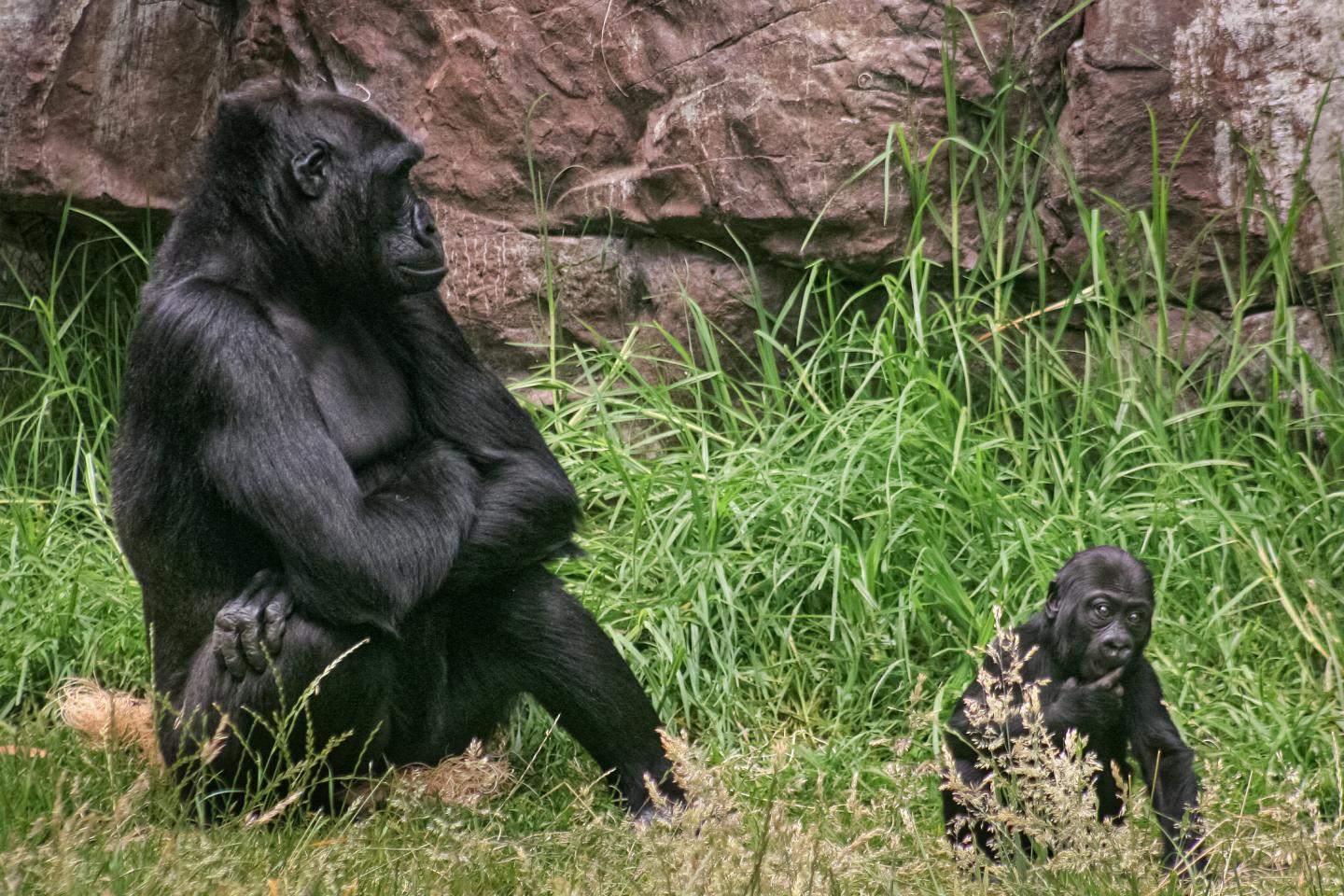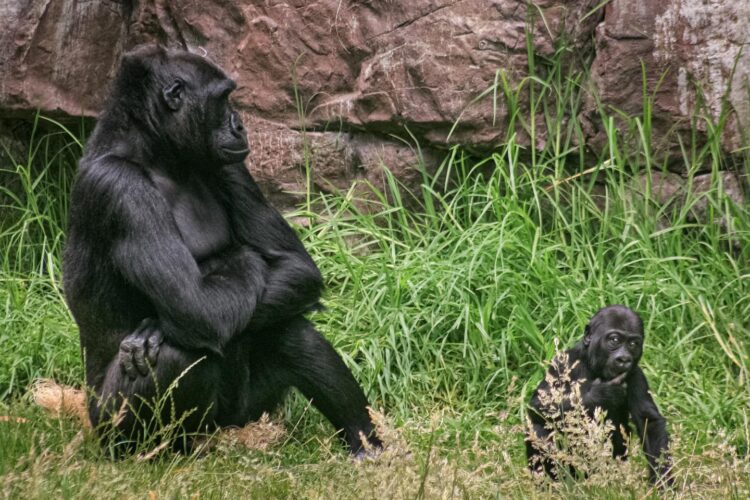Scientists call for a new perspective for population management of animals in zoos

Credit: Brocken Inaglory, CC BY-SA 3.0, https://commons.wikimedia.org/w/index.php?curid=7552258
Reproducing efficiently in captivity is crucial for the survival of many wildlife species, yet reproductive success is often lower than in the wild. Currently, many zoo population management strategies prioritise the genetic diversity of captive populations. Scientists now argue that a broader perspective is required which also includes behaviour, life-history, husbandry and environmental considerations. This would improve breeding success in zoos and the maintenance of the diversity of traits, behaviours, and phenotypes of threatened species. In a paper published recently in the scientific “Journal of Zoo and Aquarium Research” they compare different population management approaches and conclude that prioritizing genetic factors to the exclusion of all others may have detrimental effects: For example, in small groups of unrelated adults, conflicts are likely to be more frequent than in larger groups with relatives present who had the chance to develop differentiated socialisation and learning repertoires.
Many species of birds and mammals reproduce better in the wild than in captivity. When wild populations are threatened, it is of utmost importance to conservation that captive populations are healthy and sustainable. In a new paper, wildlife biologists Werner Kaumanns (LTM-Research and Conservation), Nilofer Begum (Freie Universität Berlin) and Heribert Hofer (Leibniz Institute for Zoo and Wildlife Research) evaluate decades of scientific literature on the reproduction of captive populations and compared two well-known population management paradigms. The “small population paradigm” focuses on the genetic reservoir of the species and attempts to maximise genetic diversity within the captive populations, for example by exchanging mating partners frequently or by avoiding groups of closely related individuals. In the “declining population paradigm” on the other hand measures target the causes of population decline and thereby reproduction processes and conditions. “We argue that under the latter paradigm better management options can be developed without necessarily contradicting genetic assessments and their relevance to population management”, says lead author Kaumanns.
The authors argue that, next to survival, evolution places a heavy emphasis on reproduction, the success of which profoundly affects the animal’s contribution to future generations. “This means that many key traits and evolutionary adaptations are linked to reproduction”, senior author Hofer explains. “It is evident that animals are designed for breeding, which means that group sizes, socialisation and learning repertoires, behaviours, spatial requirements and other traits and contexts usually contribute to reproductive success.” For example, the behavioural skills and experience of a primate female in infant rearing are as relevant to reproductive success and recruitment for population management as her genetic status. “It is necessary that appropriate conditions are provided in zoos to ensure that females can acquire these skills”, Hofer says. This can require the presence of aunts, mothers or other group members, an appropriate demography and group composition.
This perspective is not restricted to primates: providing the setting for mothers to gain the necessary experience would also be beneficial in elephants and other species with complex societies, such as spotted hyenas. “It is, therefore, recommended that key traits play a dominant role in management plans and husbandry guidelines”, Nilofer Begum, a doctoral student at Freie Universität Berlin, adds. If captive breeding conditions do not respect natural breeding conditions, traits can function as constraints and the diversity of traits, behaviours and phenotypes may be threatened. This may mean that in practice, zoos might sometimes concentrate on fewer animals, develop a more flexible husbandry system that better incorporates essentials of a species’ niche or habitat, and ensure that social groups foster generational learning, problem solving and the resolution of conflicts.
###
Media Contact
Dr. Heribert Hofer
[email protected]
Original Source
https:/
Related Journal Article
http://dx.





